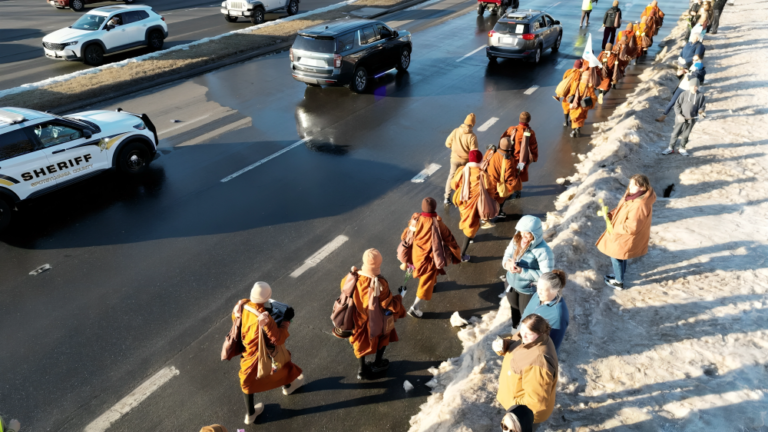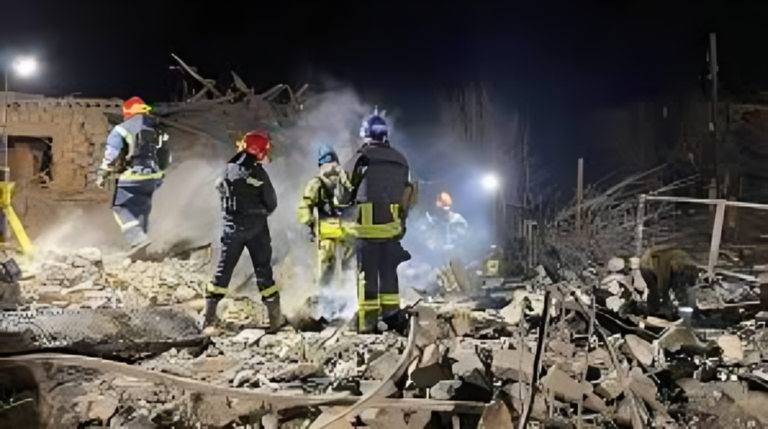Patches of palm thatch entwined with a few forlorn stilts sticking out of the emerald waters in a Malaysian marine park off the island of Borneo are the only traces remaining of the homes of hundreds of sea nomads.
Robin, one of those left homeless among a community that inspired the fictional ‘Metkayina’ tribe in the 2022 film ‘Avatar: The Way of Water’, took to a boat with his children to flee the Malaysian officials who razed their home.
“I don’t know where to go now,” he told Reuters from the deck of a wooden houseboat festooned with drying clothes, where he lives with a cousin and their eight children after the demolition drive razed structures deemed illegal.

His indigenous sea-faring community, known as the Bajau Laut, is famed for the ability to dive underwater for lengthy periods unassisted by equipment.
They have lived in the area for centuries, but are still seen as migrants by the authorities, since most of them lack basic paperwork to prove their names, ages and nationality.
Sometimes known as Sama Bajau elsewhere in Southeast Asia, many face impoverished, precarious lives and are denied access to health, education or financial services without such documents.
“We can’t buy food because our gold pawn tickets were damaged during the demolition,” said Robin’s cousin, Indasaini. “We have no money. The children are sick and we don’t have money to buy medicine.”
Malaysian authorities must take a more compassionate approach and consult the community before evictions or resettlements, said Vilashini Somiah, an anthropologist at the University of Malaya.
“These programs do not work because there’s no consultation with them in which you recognize the community as people,” she said, referring to previous efforts.











+ There are no comments
Add yours